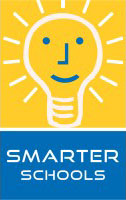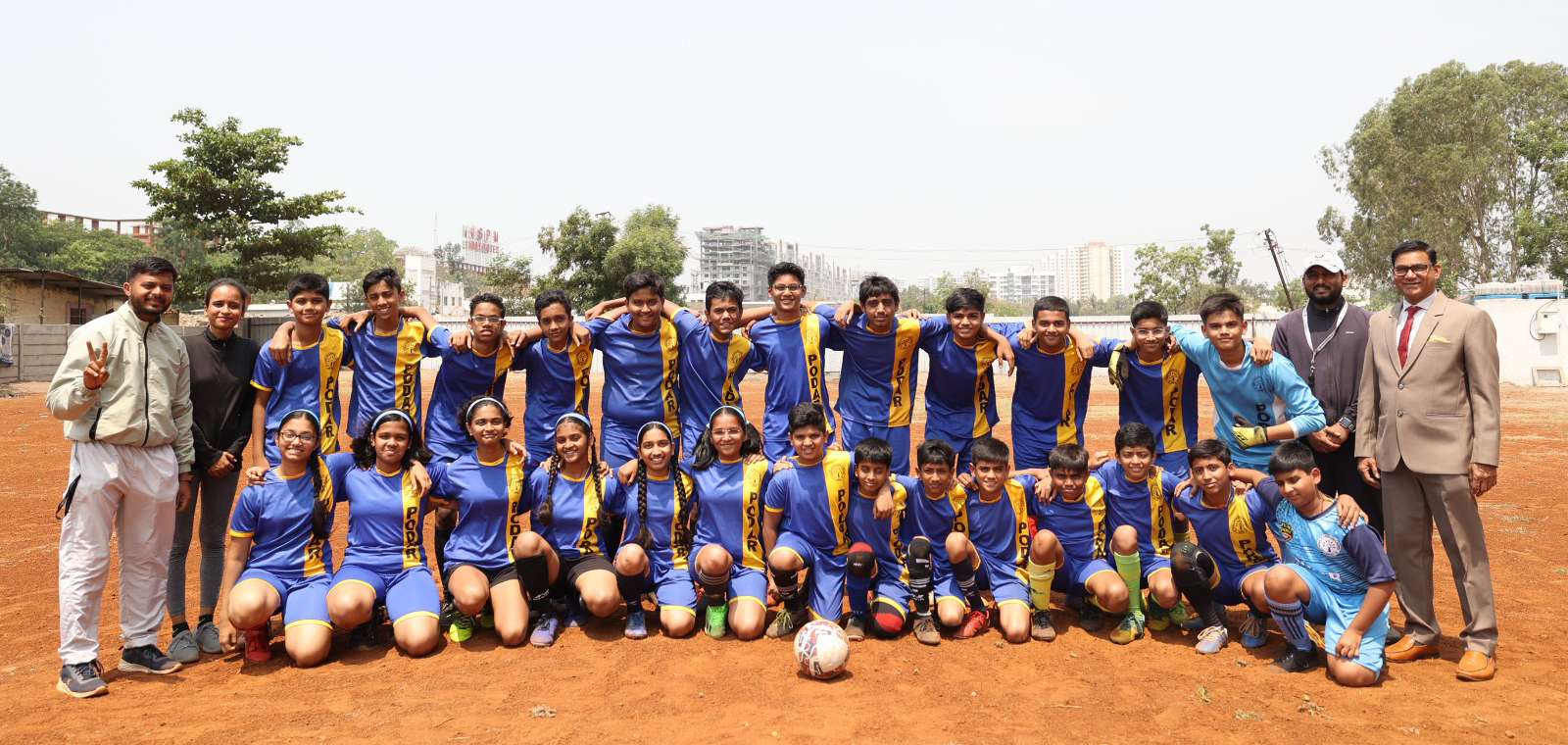Physical education plays a crucial role in the overall development of children, providing them with a wide range of benefits and skills that extend beyond the classroom. Through a high-quality physical education curriculum, children can enjoy and excel in various physical activities while gaining important abilities such as strategic thinking, decision-making, and teamwork. In this blog post, we will explore the significance of physical education and its impact on children’s daily lives.
Enquiry Form
Improving Academic Performance
One of the key benefits of physical education is its positive influence on academic performance. Research has shown that engaging in physical activities like team sports, biking, swimming, and playground games has a direct impact on the brain, enhancing cognitive abilities and creativity. Physical education fosters motivation, productivity, and critical thinking skills, contributing to improved academic achievement and a greater sense of connection to school and its objectives.
Developing Social Skills
Physical education also plays a vital role in the development of social skills among children. By participating in team sports and engaging in physical activities, children learn the value of teamwork and gain a sense of identity and belonging. Physical education teachers who exhibit prosocial behavior provide an environment where children learn essential social and communication skills, enabling them to collaborate effectively with others and develop as team players.
Reducing Stress
The demanding school environment often places mental and physical stress on students, leaving little time for other activities. Engaging in physical activity through physical education can help alleviate stress and anxiety. Regular exercise supports emotional stability, enhances mental toughness, and promotes overall well-being. By incorporating physical education into their routine, children can find balance, relieve stress, and improve their mental health.
Self-Improvement and Character Development
Participating in team sports within a structured environment allows children to develop leadership skills and sportsmanship. By taking on various responsibilities and learning new talents, children cultivate respect for themselves and their peers. Furthermore, physical education teaches empathy and resilience, helping children navigate challenging situations. Positive reinforcement from coaches and peers boosts self-esteem, fostering confidence and motivation for personal growth.
Increasing Focus and Retention
To maintain high levels of engagement in their studies, students require regular breaks throughout the day. Physical education plays a significant role in this regard by breaking the monotony of the classroom and allowing students to expend excess energy that may hinder their attention. Through physical exercise, students can refresh their minds, enhance focus, and improve information retention, ultimately benefiting their academic performance.
Promoting Quality Sleep
Establishing a regular exercise routine is essential for ensuring adequate sleep. Studies have shown that moderate exercise over a few weeks can significantly improve sleep quality and duration in teenagers. However, intense physical activity close to bedtime may slightly reduce sleep duration. For adults and children alike, regular, gentle exercise positively impacts sleep length, quality, and the time it takes to fall asleep.
Developing Leadership Qualities and Communication Skills
Physical education provides opportunities for every child to develop their leadership qualities and improve their communication skills. Regardless of their natural inclinations, children can acquire and enhance their leadership abilities through the right instruction and exposure to decision-making. By applying their existing knowledge to novel perspectives, children can develop their leadership skills and positively influence others.
Also Read : Why Should Students Learn Life Skills At School?
It’s no secret that physical education is crucial for children’s holistic development, it offers numerous benefits that extend beyond the classroom. At Podar Smarter Schools we focus on improving students’ academic performance and fostering social skills to reduce stress and promote better sleep. Physical education plays a pivotal role in shaping healthy, active lifestyles.
By engaging in physical activities and understanding the positive effects of exercise, children are more likely to continue participating in physical activities outside of school, leading to lifelong benefits for their physical and mental well-being.

